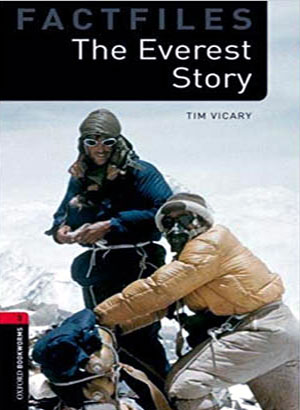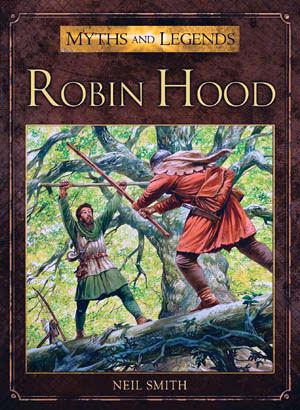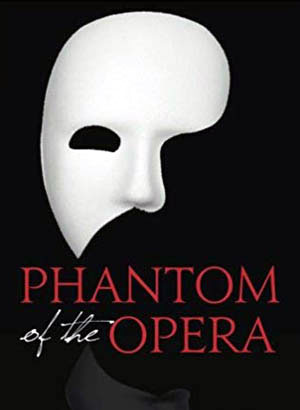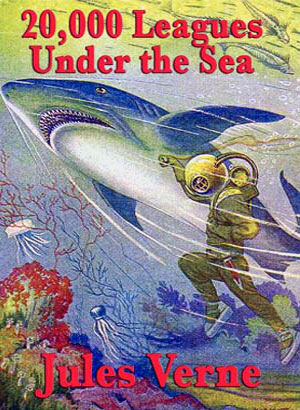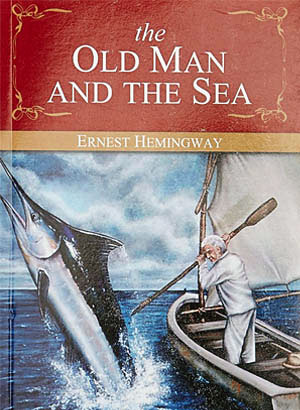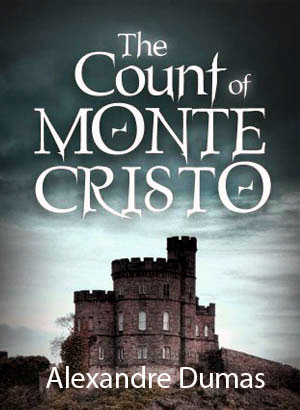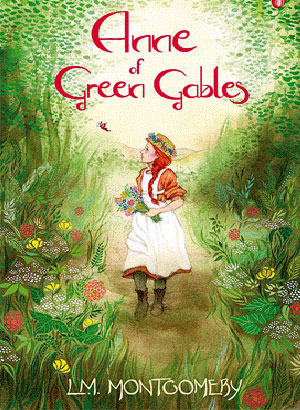Дунд түвшиний сургалтын програм
Уг түвшин нь А В гэсэн хоёр дэд түвшинд хуваагдах ба түвшин тус бүр нь долоо хоногт 3 удаа орох ба нэг удаагийн хичээл нь 1 цаг 30 минут үргэлжлэнэ. Нийт хичээлийн тоо нь 24 удаа буюу 8 долоо хоног үргэлжлэнэ.
| No | Titles / Topics | Functions | Grammar | Listening | Hours |
| 1. | A time to remember People; childhood; memories | Introducing yourself; talking about yourself; exchanging personal information; remembering your childhood | Past tense; used to for habitual actions | Reduced form of used to Listening to people talk about their past | 3 lessons/ 4 hours 30 minutes |
| 2. | Caught in the rush Transportation; transportation problems; city services | Talking about transportation and transportation problems; evaluating city services; asking for and giving information | Adverbs of quantity with count and noncount nouns: too many, too much, fewer, less, more, not enough; indirect questions from Wh-questions | Syllable stress Listening to a description of a transportation system | 3 lessons/ 4 hours 30 minutes |
| 3. | Time for change! Houses and apartments; lifestyle changes, wishes | Describing positive and negative features; making comparisons; talking about lifestyle changes; expressing wishes | Evaluations and comparisons with adj-s: not….enough, too, (not) as…as; evaluations and comparisons with nouns: not enough…., too much/many…,(not) as much/many …as; wish | Unpronounced vowels Listening to people talk about capsule hotels | 3 lessons/ 4 hours 30 minutes |
| 4. | I’ve never heard of that! Food; recipes; instructions; cooking methods | Talking about food; expressing likes and dislikes; describing a favorite snack; giving instructions | Simple past vs. present perfect; sequence adverbs: first, then, next, after that, finally | Consonant clusters Listening to descriptions of foods | 3 lessons/ 4 hours 30 minutes |
| 5. | Going places Travel; vacations; plans | Describing vacation plans; giving travel advice; planning a vacation | Future with be going to and will; modals for necessity and suggestion: must, need to, (don’t) have to, better, ought to, should (not) | Linked sounds with /w/ and /j/ Listening to travel advice | 3 lessons/ 4 hours 30 minutes |
| 6. | OK. No problem Complaints; household chores; requests; excuses; apologies | Making requests; accepting and refusing requests; complaining; apologizing; giving excuses` | Two-part verbs; will for responding to requests; requests with modals and Would you mind…….? | Stress in two-part verbs Listening to results of a survey | 3 lessons/ 4 hours 30 minutes |
| 7. | What’s this for? Technology; instructions | Describing technology; giving instructions; giving suggestions | Infinitives and gerunds for uses and purposes; imperatives and infinitives for giving suggestions | Syllable stress Listening to a radio program; listening to people give advice | 3 lessons/ 4 hours 30 minutes |
| 8. | Let’s celebrate! Holidays; festivals; customs; celebrations | Describing holidays, festivals, customs, and special events | Relative clauses of time; adverbial clauses of time: when, after, before | Stress and rhythm Listening a description of Carnaval | 3 lessons/ 4 hours 30 minutes |
| 9. | Back to the future Life in the past, present, and future; changes and contrasts; consequences | Talking about change; comparing time periods; describing possibilities | Time contrasts; conditional sentences with if clauses | Intonation in statements with time phrases Listening to people talk about changes | 3 lessons/ 4 hours 30 minutes |
| 10. | I don’t like working on weekends Abilities and skills; job preferences; personality traits; careers | Describing abilities and skills; talking about job preferences; describing personality traits | Gerunds; short responses; clauses with because | Unreleased and released /t/ and /d/ Listening to people talk about their job preferences | 3 lessons/ 4 hours 30 minutes |
| 11. | It’s really worth seeing! Landmark and monuments; world knowledge | Talking about landmarks and monuments; describing countries; discussing facts | Passive with by (simple past); passive without by (simple present) | The letter o; Listening to descriptions of monuments; listening for information about a country | 3 lessons/ 4 hours 30 minutes |
| 12. | It could happen to you! Information about someone’s past; recent past events | Asking about someone’s past; describing recent experiences | Past continuous vs. simple past; present perfect continuous | Contrastive stress in responses; Listening to people talk about recent experiences | 3 lessons/ 4 hours 30 minutes |
| 13. | Good book, terrible movie! Entertainment; movies and books; reactions and opinions | Describing movies and books; talking about actors and actresses; asking for and giving reactions and opinions | Participles as adjectives; relative clauses | Emphatic stress Listening for opinions; listening to a movie review | 3 lessons/ 4 hours 30 minutes |
| 14. | So that’s what it means! Nonverbal communication; gestures and meanings; signs; drawing conclusions | Interpreting body language; explaining gestures and meanings; describing emotions; asking about signs and meanings | Modals and adverbs: might, may, could, must, maybe, perhaps, possibly, probably, definitely; permission, obligation, and prohibition | Pitch Listening to people talk about the meanings of signs | 3 lessons/ 4 hours 30 minutes |
| 15. | What would you do? Money; hopes; predicaments; speculations | Speculating about past and future events; describing a predicament; giving advice and suggestions | Unreal conditional sentences with if clauses; past modals | Reduction of have; Listening to people talk about predicaments; listening to a radio talk show | 3 lessons/ 4 hours 30 minutes |
| 16. | What’s your excuse? Requests; excuses; invitations | Reporting what people say; making requests; making invitations and excuses | Reported speech: requests; reported speech: statements | Reduction of had would; Listening for excuses; listening to voice mail messages | 3 lessons/ 4 hours 30 minutes |
